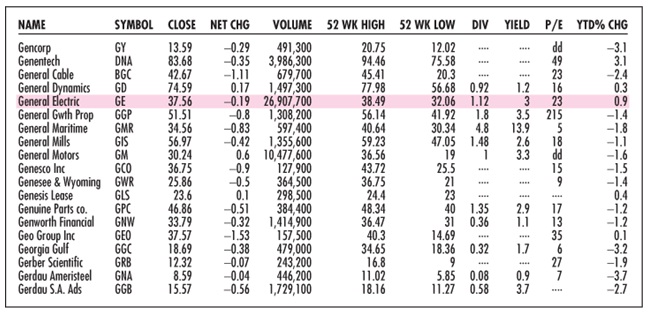Question 1: Lanni Products is a start-up computer software development firm. It currently owns computer equipment worth $30,000 and has cash on hand of $20,000 contributed by Lanni’s owners. For each of the following transactions, identify the real and/or financial assets that trade hands. Are any financial assets created or destroyed in the transaction?
a. Lanni takes out a bank loan. It receives $50,000 in cash and signs a note promising to pay back the loan over three years.
b. Lanni uses the cash from the bank plus $20,000 of its own funds to finance the development of new financial planning software.
c. Lanni sells the software product to Microsoft, which will market it to the public under the Microsoft name. Lanni accepts payment in the form of 1,500 shares of Microsoft stock.
d. Lanni sells the shares of stock for $80 per share and uses part of the proceeds to pay off the bank loan.
Question 2: Reconsider Lanni Products from Question 1.
a. Prepare its balance sheet just after it gets the bank loan. What is the ratio of real assets to total assets?
b. Prepare the balance sheet after Lanni spends the $70,000 to develop its software product. What is the ratio of real assets to total assets?
c. Prepare the balance sheet after Lanni accepts the payment of shares from Microsoft. What is the ratio of real assets to total assets?
Question 3: We noted that oversight by large institutional investors or creditors is one mechanism to reduce agency problems. Why don’t individual investors in the firm have the same incentive to keep an eye on management?
Question 4: Firms raise capital from investors by issuing shares in the primary markets. Does this imply that corporate financial managers can ignore trading of previously issued shares in the secondary market?
Question 5: A municipal bond carries a coupon rate of 6 ¼% and is trading at par. What would be the equivalent taxable yield of this bond to a taxpayer in a 35% tax bracket?

Question 6:
a. What was the firm’s closing price yesterday?
b. How many shares could you buy for $5,000?
c. What would be your annual dividend income from those shares?
d. What must be its earnings per share?
Question 7: What would you expect to happen to the spread between yields on commercial paper and Treasury bills if the economy were to enter a steep recession?
Question 8: Dée Trader opens a brokerage account, and purchases 300 shares of Internet Dreams at $40 per share. She borrows $4,000 from her broker to help pay for the purchase. The interest rate on the loan is 8%.
a. What is the margin in Dée’s account when she first purchases the stock?
b. If the share price falls to $30 per share by the end of the year, what is the remaining margin in her account? If the maintenance margin requirement is 30%, will she receive a margin call?
c. What is the rate of return on her investment?
Question 9: You are bullish on Telecom stock. The current market price is $50 per share, and you have $5,000 of your own to invest. You borrow an additional $5,000 from your broker at an interest rate of 8% per year and invest $10,000 in the stock.
a. What will be your rate of return if the price of Telecom stock goes up by 10% during the next year? (Ignore the expected dividend.)
b. How far does the price of Telecom stock have to fall for you to get a margin call if the maintenance margin is 30%? Assume the price fall happens immediately.
Question 10: Here is some price information on Fincorp stock. Suppose first that Fincorp trades in a dealer market.
Bid Asked
55.25 55.50
a. Suppose you have submitted an order to your broker to buy at market. At what price will your trade be executed?
b. Suppose you have submitted an order to sell at market. At what price will your trade be executed?
c. Suppose you have submitted a limit order to sell at $55.62. What will happen?
d. Suppose you have submitted a limit order to buy at $55.37. What will happen?
Question 11: If you place a stop-loss order to sell 100 shares of stock at $55 when the current price is $62, how much will you receive for each share if the price drops to $50?
a. $50.
b. $55.
c. $54.87.
d. Cannot tell from the information given.